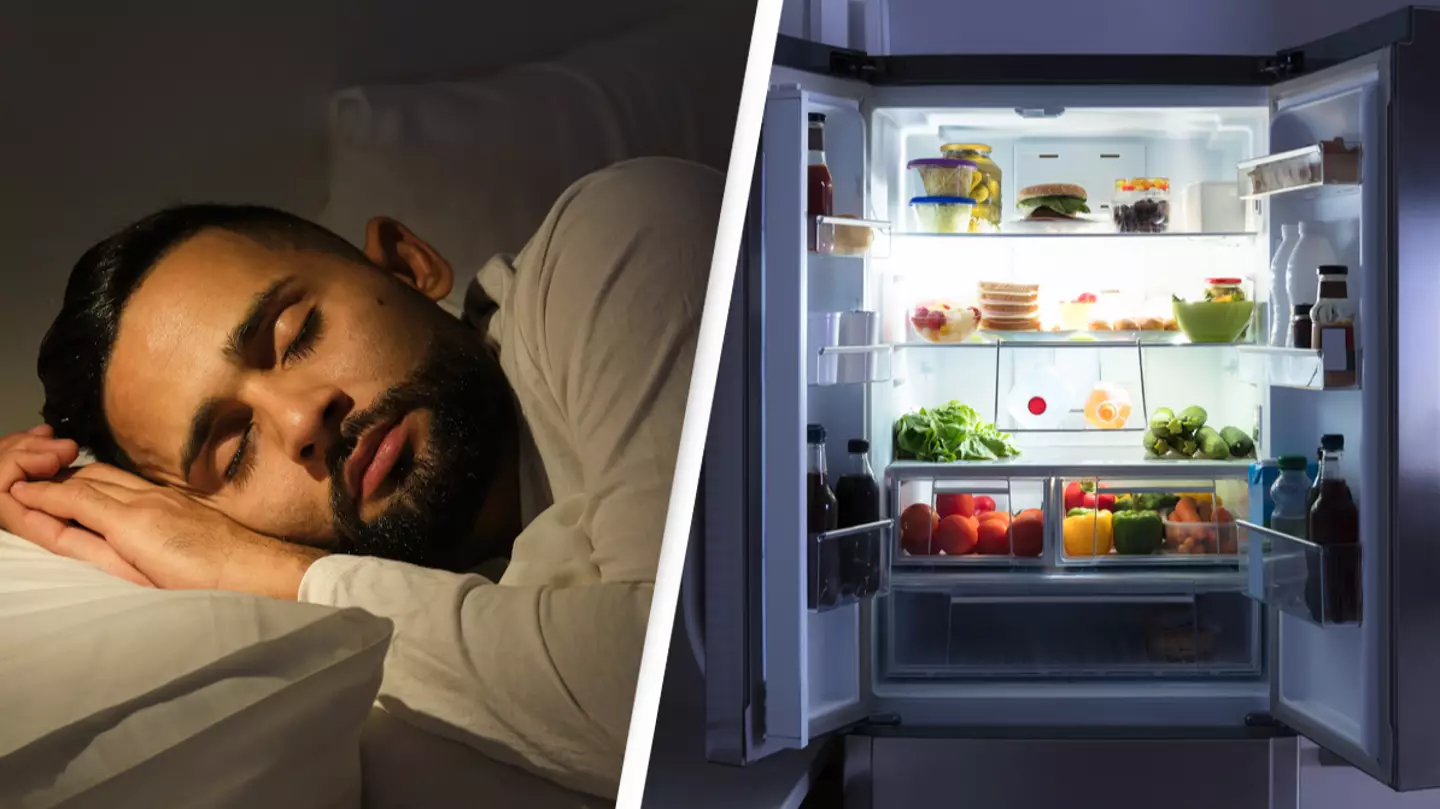
Reaching for a midnight snack when the peckish hour strikes might feel satisfying at the time, but indulging in some types of food could lead to ‘restless sleep’ and would be better off skipping before hitting the hay.
Rosey Davidson, author and sleep consultant at Just Chill Baby Sleep, said that while some products can promote a better night’s kip, three certain food groups can have the opposite effect.
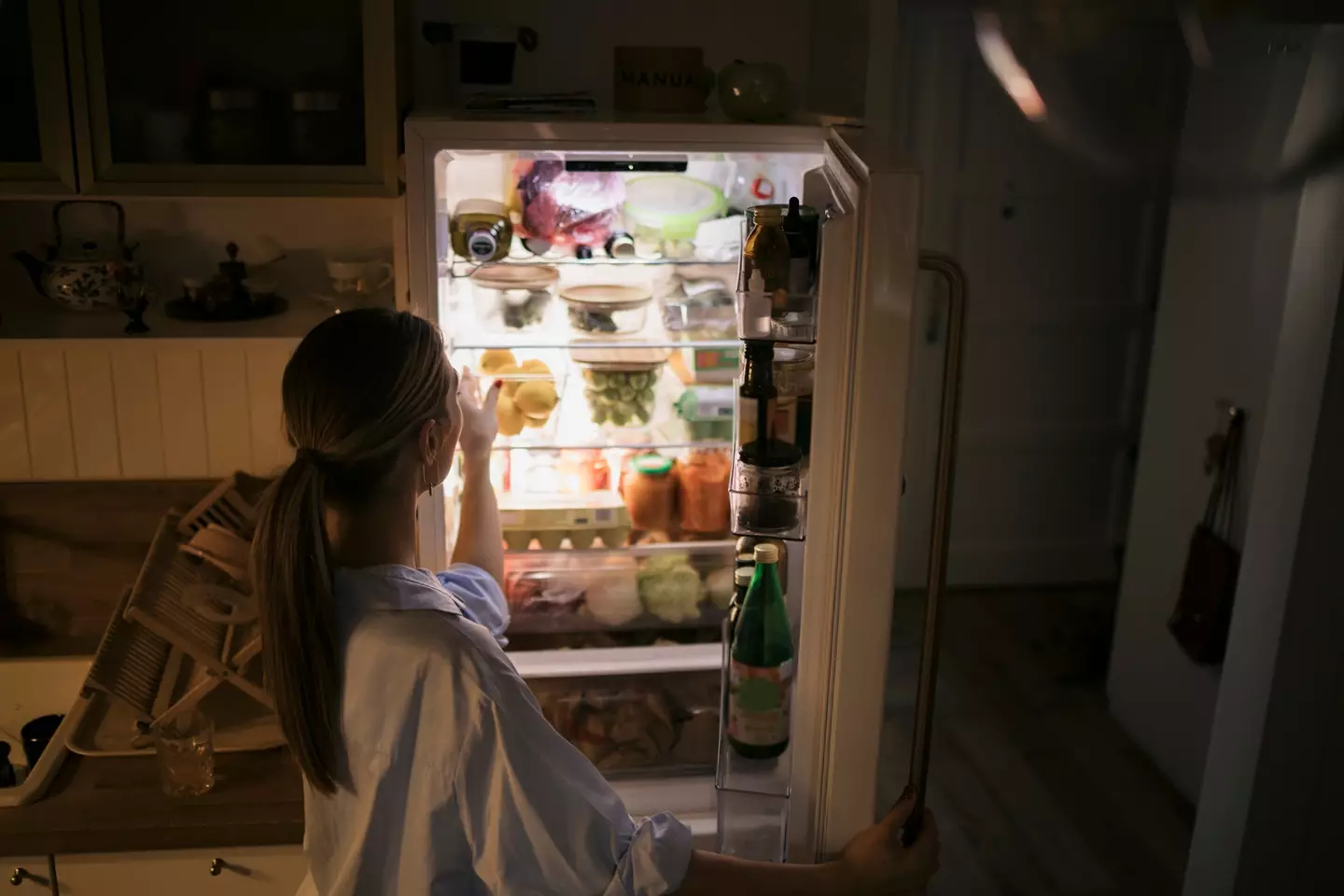
Be careful what you grab before bed (Getty stock images)
Speaking to The Mirror, Davidson said: “Food plays an important role in how well we sleep, as it can influence our hormones and digestion.
“Foods rich in tryptophan, magnesium, or melatonin can promote relaxation and better sleep.”
It all comes down to a ‘well-balanced meal’ of protein, healthy fats and carbs, the expert said, but what about the ones we should avoid?
Spicy food
Rosey said spicy food is certainly one to steer clear of as it can ’cause heartburn and discomfort, which may disrupt sleep’.
According to 2011 study investigating 440 medical students’ diets and sleeping patterns, spicy food, such as curry, can impact sleep patterns through conditions like acid reflux, indigestion and heartburn, with another study from 2010 finding that those who suffered with frequent bouts of heartburn had also reported sleep disturbances.
Meanwhile, a 2022 study also found those who ate spicy food everyday had a 4.73 likely chance of having bouts of insomnia than those who didn’t.
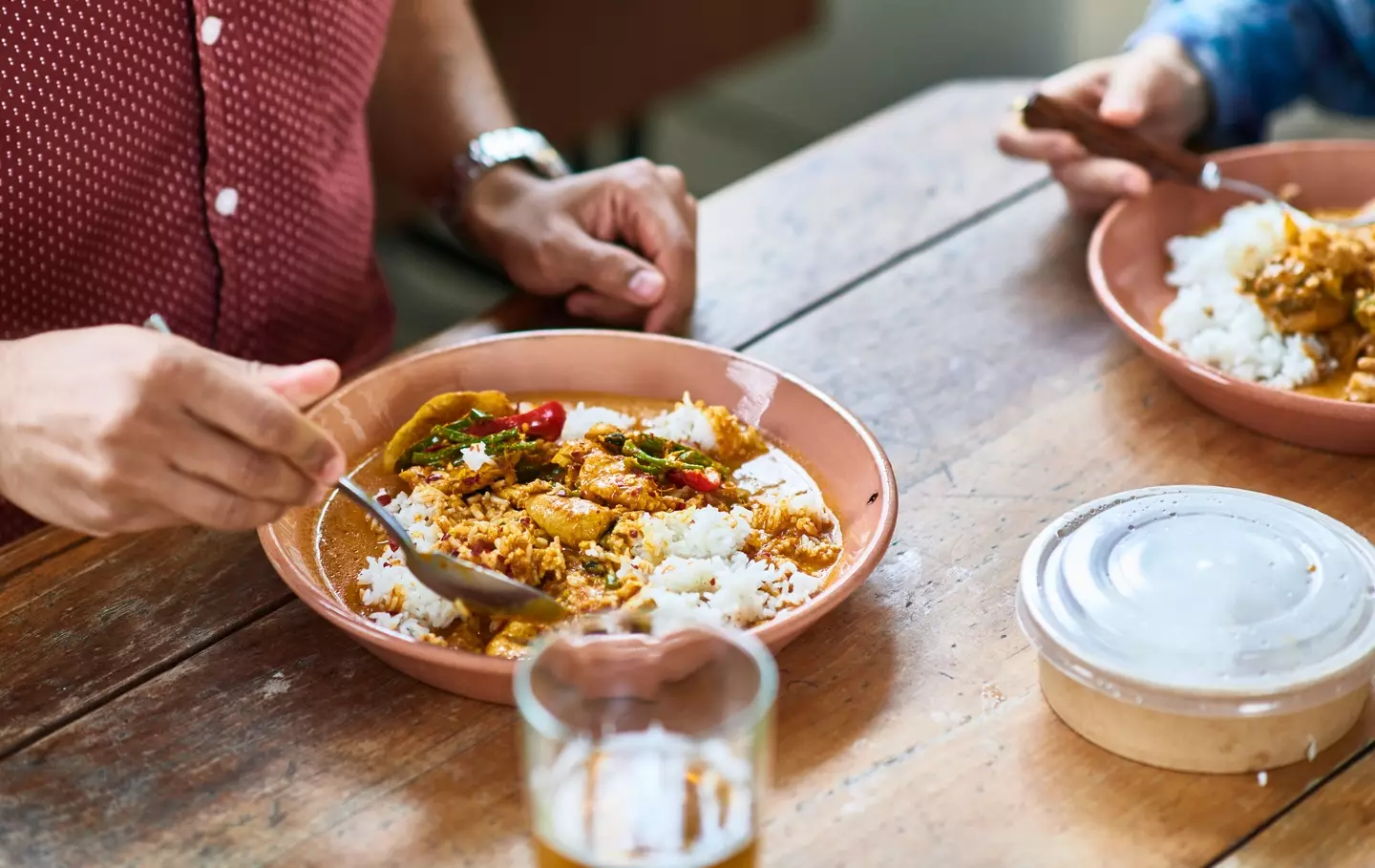
Spicy food, like curry, can increase heartburn when eaten before bed (Getty stock images)
High-fat food
Greasy food types can also cause indigestion, which Rosey says makes it harder for our bodies to fall asleep – so your late night takeaways after a drunken night out aren’t doing as well as you might think.
A 2023 study examined the effects of a high-fat diet on a person’s sleep in comparison to those on a lower-fat diet.
They discovered that the subjects on the high-fat diet had fewer sleep characteristics, like delta power, which measures brain waves during deep sleep, as the quality of their sleep decreased in comparison to the other participants’ diet.
While noting the small sample size, which largely included men, Dr Florencia Halperin still considered the study to be ‘important’ to providing ‘novel insight into how lifestyle factors such as the diet we consume affect our sleep, which in turn affects our overall health’, as per Medical News Today.
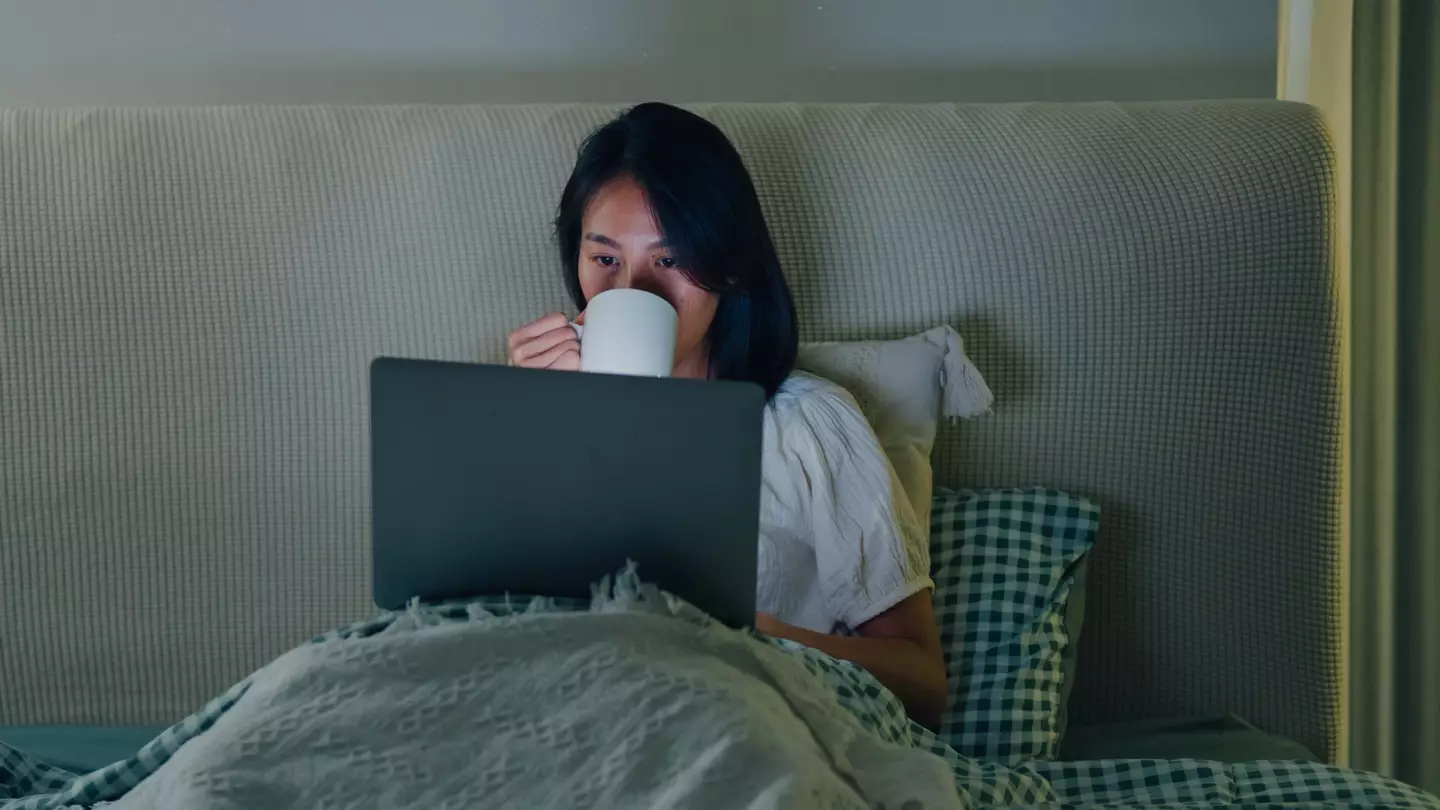
Coffee before bed probably isn’t a good idea either (Getty stock images)
High-sugar and caffeine
Most of us know a coffee before bed is probably not the wisest idea, but it’s not just coffee that we need to be mindful of as caffeine can be found in other beverages.
Davidson said that too much sugar or caffeine can cause the body to be too stimulated, adding: “Sugary snacks can lead to blood sugar spikes and crashes, potentially causing night [awakenings], while heavy protein meals can slow digestion and result in more restless sleep.”
What food to eat for a better sleep
Although certain foods can jeopardise a good night’s sleep, some foods can actually improve it – though Davidson said research is still developing on the topic.
According to the expert, kiwi, cherries, bananas, oats, turkey, nuts and chamomile tea could be good options to grab as an alternative evening snack.
Davidson further explains that kiwi is ‘high in serotonin, a precursor to melatonin’ which can regulate sleep-wake cycles, as well as being high in antioxidants and folate which could boost benefit brain function and sleep regulation.
Meanwhile, cherries and oats are also high in melatonin, while bananas contain magnesium, potassium, and tryptophan which Davidson said are key to ‘relax muscles and nerves’.
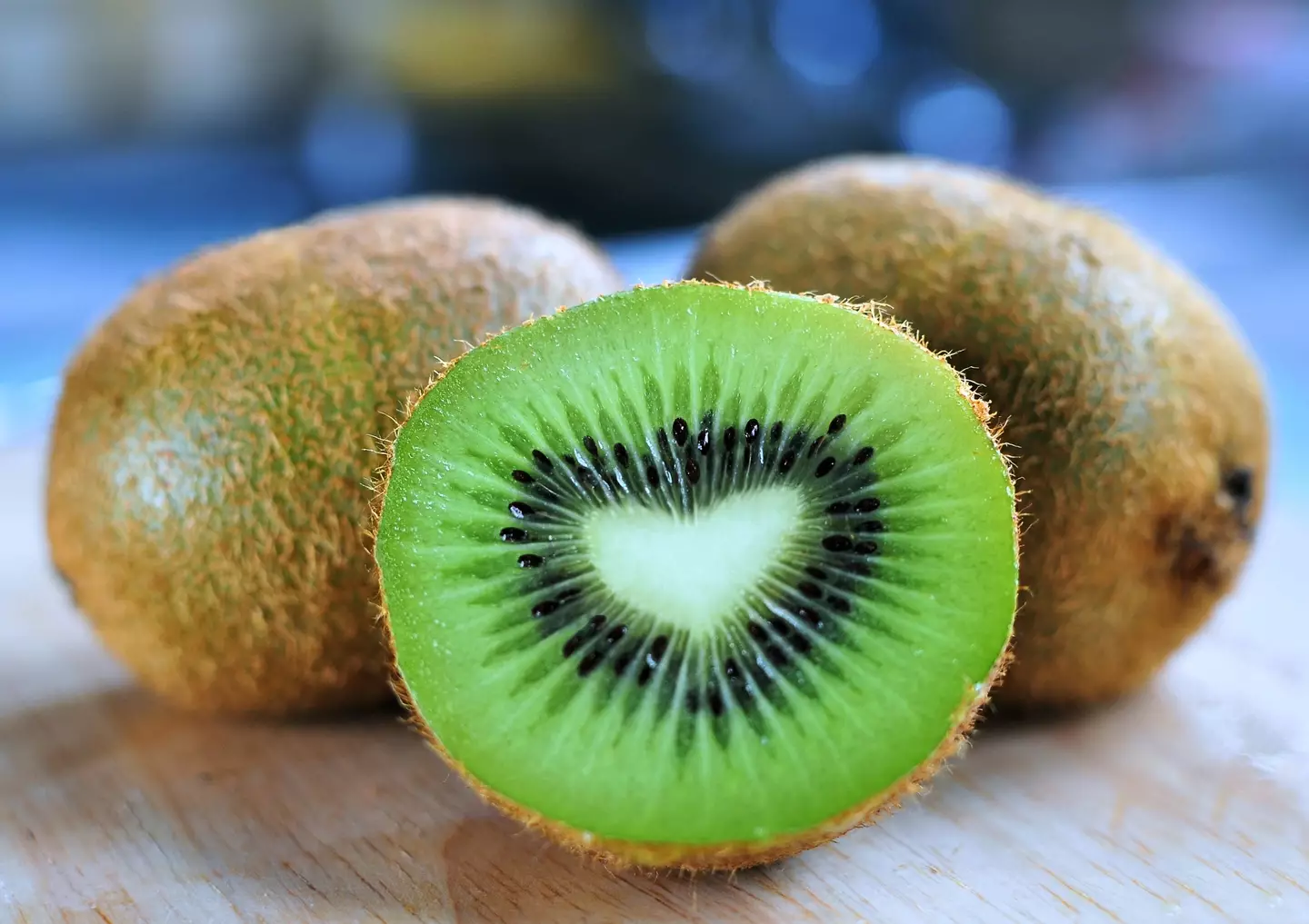
The expert said kiwi could be a better alternative as a bedtime snack (Getty stock images)
Almonds and walnuts are also ‘packed’ with magnesium and melatonin, while turkey is an ‘excellent source of tryptophan’.
In regards to drinks, chamomile tea is a good suggestion to relax the body since it contains apigenin, which Davidson says is an ‘antioxidant that may reduce insomnia and promote relaxation’.
However, she also stressed a holistic and well-balanced diet is the ‘best thing’ to improve our sleep, as well as ‘effective stress management’.
She said it’s best to finish your meals two to three hours before bed, avoid heavy meals and create a ‘calming bedtime routine’, adding: “By prioritising these things, we can improve our sleep quality and overall health without needing to rely on specific ‘miracle’ foods.”


